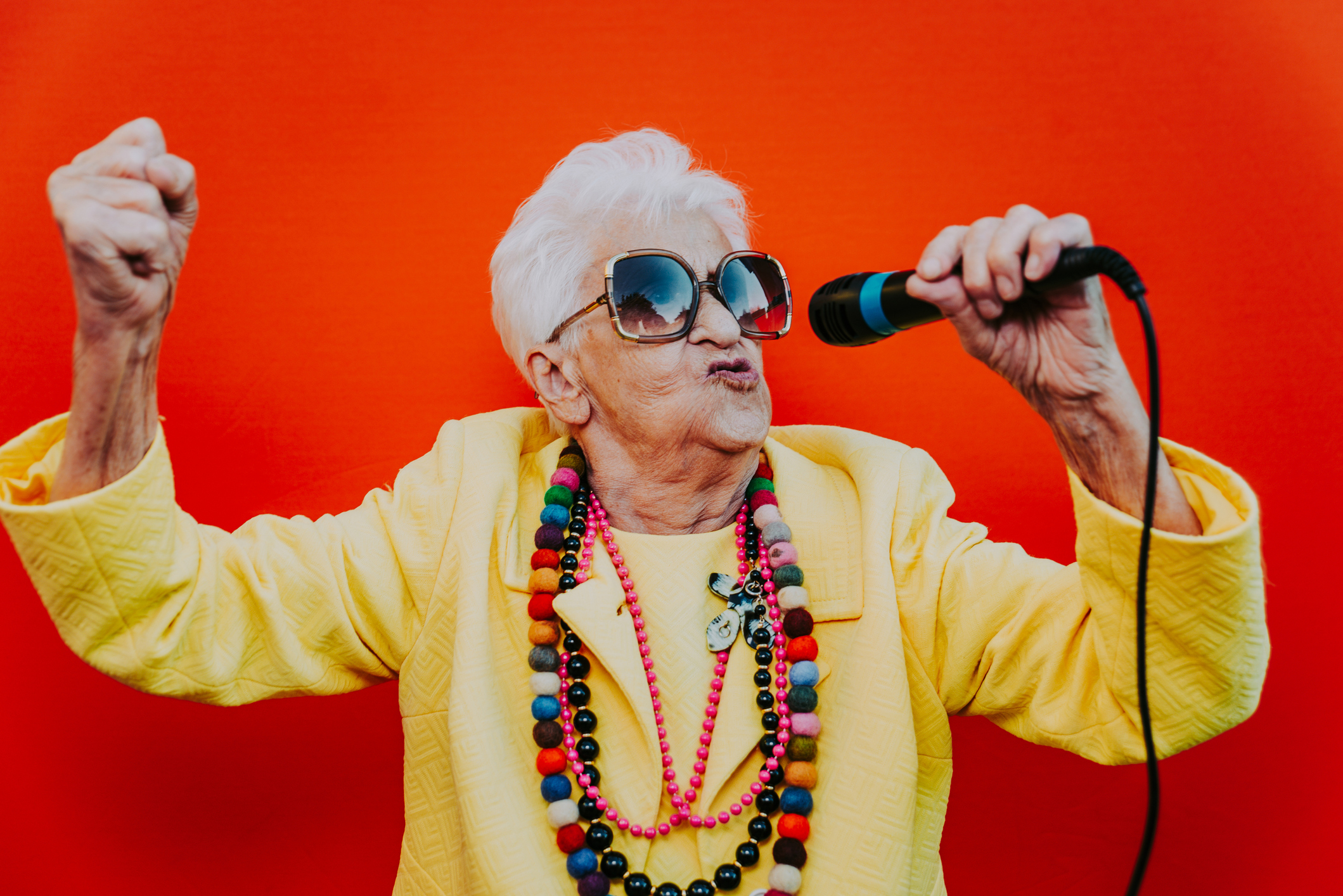Music, theater, dance or visual arts not only bring beauty and joy to life, but a recent study has found that adults over 50 who regularly enjoyed live concerts or other “receptive arts” had a 31 percent lower risk for early death.
According to a report in the New York Times, researchers at University College London who followed 6,700 Brits over a period of 15 years found that those who attended concerts, galleries, plays, the opera, museums or exhibitions monthly has a lower risk of dying over the next 14 years than those who never went out. The study associates engagement in the arts with greater longevity and the National Health Service is planning community-based activities to protect health and well-being for older adults.
Participating in cultural and art events can help seniors stay socially connected with their communities, helping to prevent isolation and loneliness. Arts engagement has also been linked with stress reduction, building cognitive reserves, promoting empathy and reducing sedentary behavior that can lead to poor physical health.
Doctors have taken note of previous research that suggests the emotional, cognitive and physical health benefits of participating in the arts and have gone so far as “prescribing” arts activities to their patients. Community service programs are also referring people, especially older adults, to local arts activities to help them stay active and engaged, enjoying better physical and mental health.
Whether it’s a Classic Rock concert, the ballet or an art exhibition, making plans to engage in the arts can help older adults live better and perhaps longer. Creating art has also been found in studies to foster a greater sense of fulfillment, purpose and better overall health. And learning a new skill, such as photography or painting, can help protect the aging brain from cognitive decline and dementia.
While the winter winds continue to blow, why not plan a few field trips to the museum, the theater or the opera? Even better, enroll in a community art class and let the creativity flow.






Add Your Voice
0 Comments
Join the Discussion